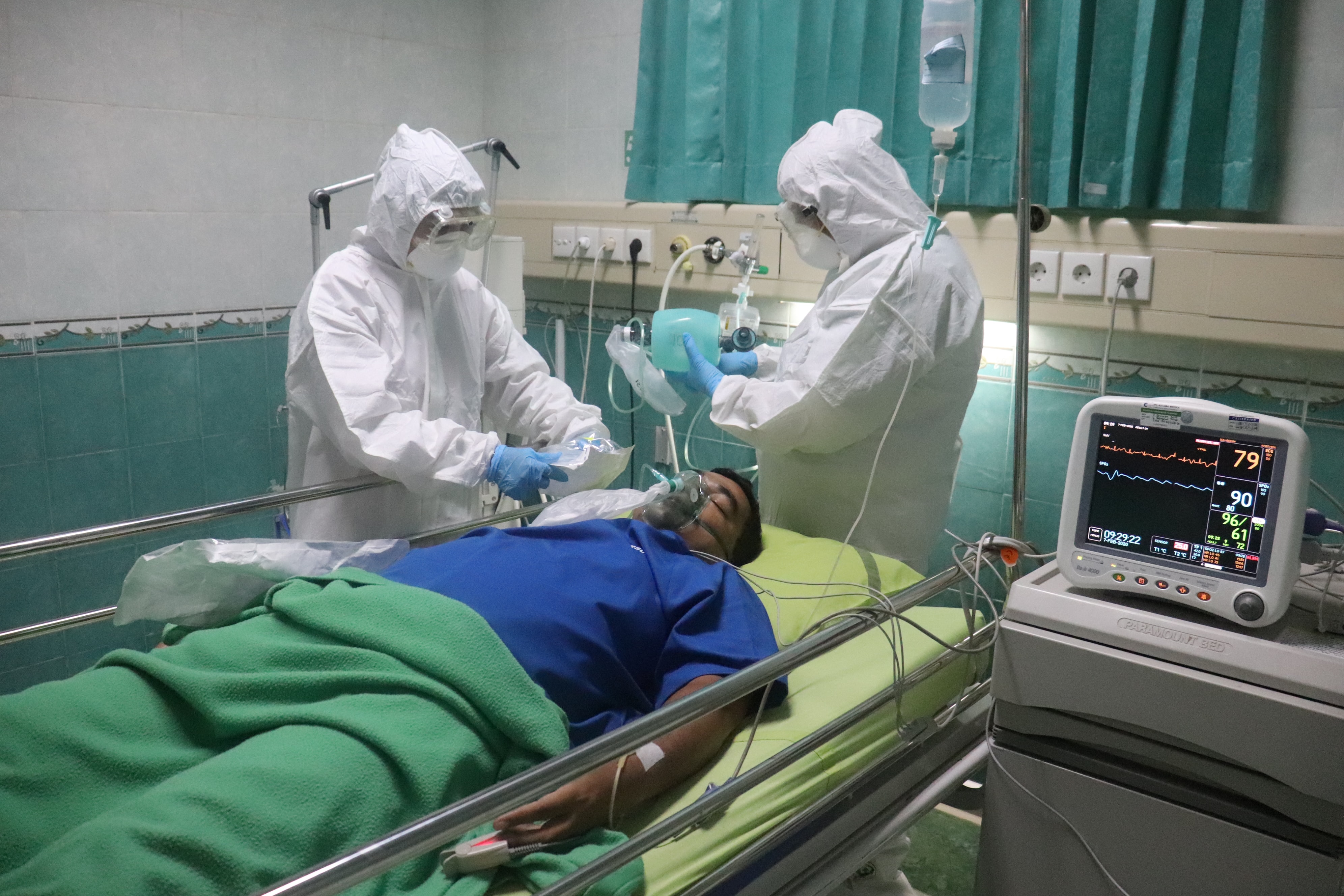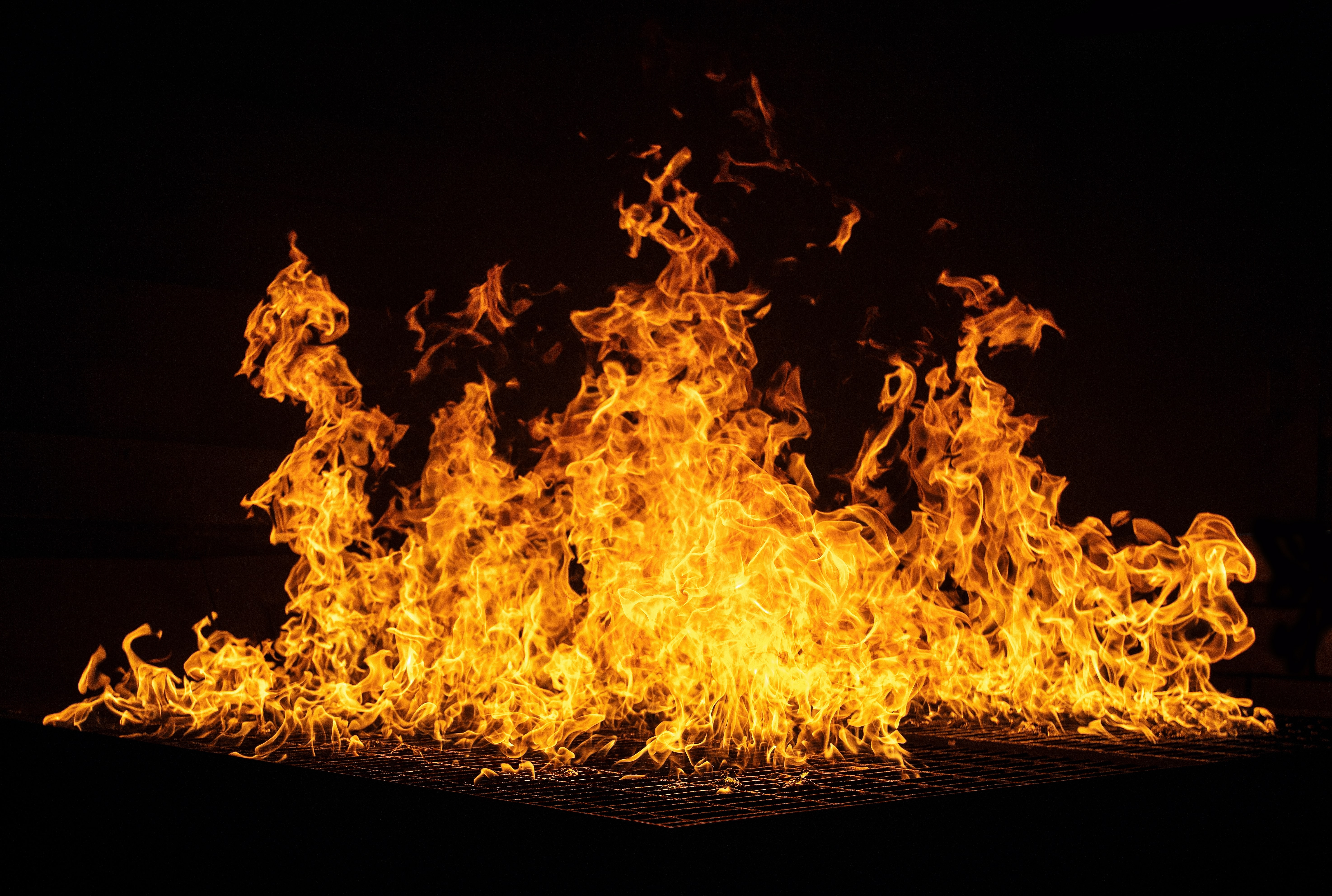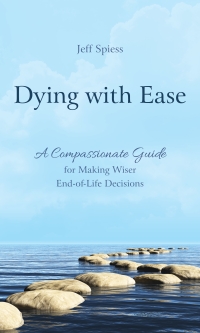This Can't Be Happening!
 In a year filled with heartache and distress, it was probably the saddest thing I have heard. Jodi Doering, an Emergency Department nurse in Woonsocket, South Dakota, reported what she had heard from patients seriously ill with COVID-19: “Their last dying words are, ‘This can’t be happening. It’s not real.’”
In a year filled with heartache and distress, it was probably the saddest thing I have heard. Jodi Doering, an Emergency Department nurse in Woonsocket, South Dakota, reported what she had heard from patients seriously ill with COVID-19: “Their last dying words are, ‘This can’t be happening. It’s not real.’”
We humans are very persistent when it comes to our mindsets and points of view. Multiple studies have shown that, when presented with facts that conflict with our opinions, we tend to discount, disparage, alter, or just plain ignore data that challenges what we believe to be true. It takes little time to think of multiple examples of this characteristic in the recent and current political and pandemic environments.
Sometimes holding to disproven opinions if of little consequence. But when we encounter with questions of ultimate reality, like those that arise when we face our imminent mortality, it can produce deep distress. In the examples that Ms. Doering cited, how can the dying one not feel angry or cheated, or even a sense of  despair? When what we hold true is upended by facts with profound import, especially when complicated by a time crunch, the result is what is often termed spiritual pain or existential distress, and this can produce profound suffering, because it is really the meaning of what is happening to us that is obscure.
despair? When what we hold true is upended by facts with profound import, especially when complicated by a time crunch, the result is what is often termed spiritual pain or existential distress, and this can produce profound suffering, because it is really the meaning of what is happening to us that is obscure.
Belief or lack thereof in the scientific evidence for the coronavirus pandemic provides a tangible example of how our beliefs may be challenged by factual reality, but what occurs much more commonly is when religious beliefs or other similarly avowed doctrines seem insufficient or even incorrect to the dying one. We all have more or less deeply held dogma that explains our living, our relationships with others, our place in the cosmos, our understanding of the transcendent; but what if these answers we have learned do not cover the questions we have? Or what if the answers just don’t work, the catechism looks like a crock? Where do I go if the life and death, the cosmos, even God does not work the way I thought they did?
One option is to hold true to the learned beliefs. This is a common approach, but research has shown that those holding more dogmatic and legalistic ideas, especially about their responsibilities to God, have much more difficulty letting go and accepting a peaceful ending and tend to keep on with invasive, expensive, and likely futile medical treatments. I cannot say what is the wisest course for any individual, but I can say that this approach produces more suffering.
The only other option is openness and vulnerability. I have seen this in, say, a 3 pack-a-day smoker who, on finding out he is dying from advanced lung cancer, acknowledges that he knew the data, hoped that he would get away with it, but is resigned to accepting his fate. It is probably too much for our terminally ill COVID patient to admit that they were wrong, but it can start with a smaller crack. If we can at least admit that there might be other truth besides that we are so sure of, there might be other points of view that might be worth listening to, then this can be the start of healing.
Hospital photo by Mufid Majnun, fire photo by Ricardo Gomez Angel, both on UNSPLASH

